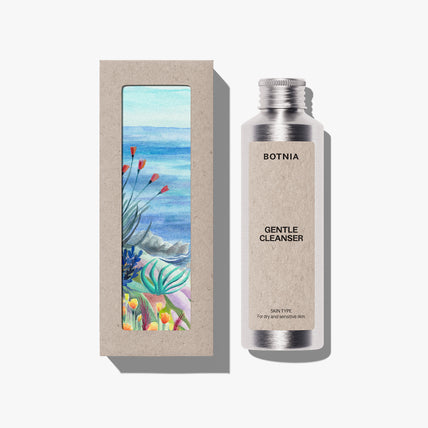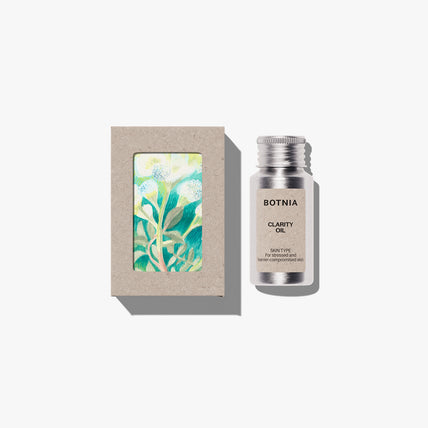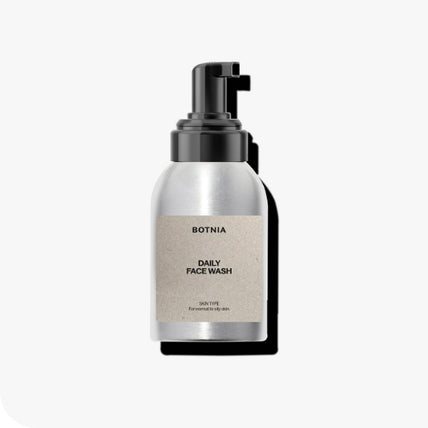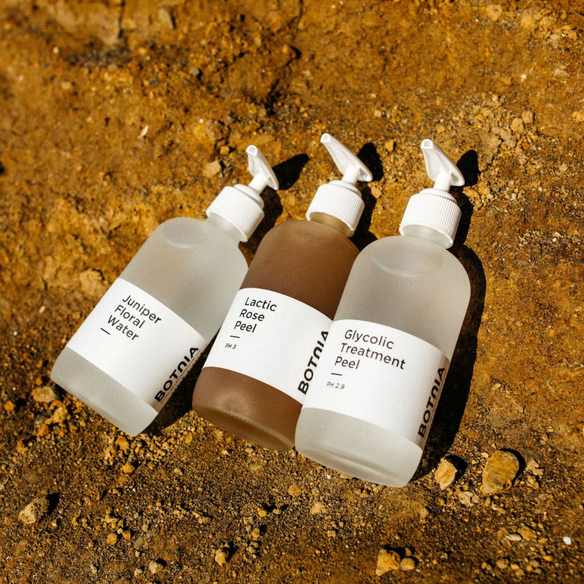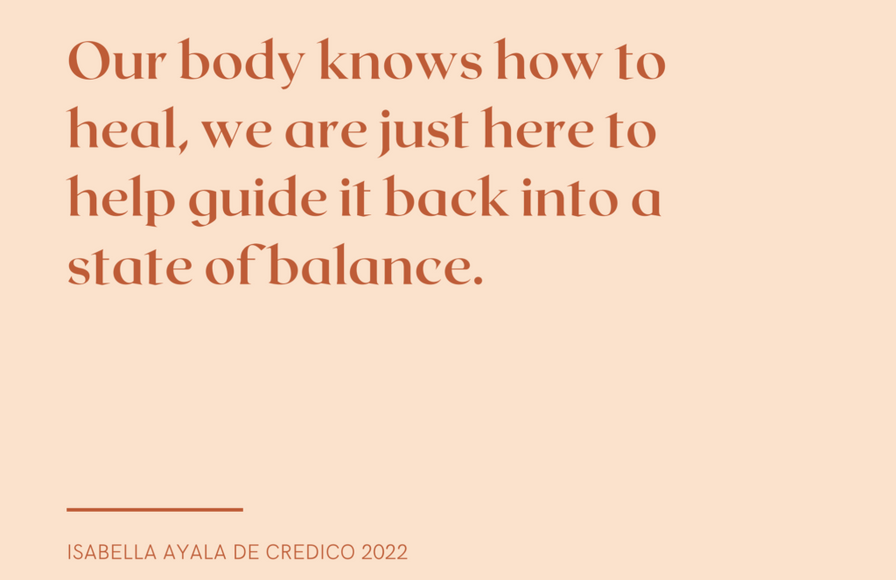
Botnia Skincare Beginners’ Guide to Supplements
We talk about how Botnia Skincare is made like a complete nutrition for the skin. Have you heard in any recent commercials about how adding collagen to your diet can help give you more youthful skin? While adding certain types of collagen can help, there’s a huge difference between good and poor quality collagen which can affect its efficacy and your results! You might be pulled in from the marketing, but how do you know what’s really good or what’s just good marketing?
Even if you have a healthy diet, you still may not be getting all the nutrients from your food, due to depleted or nutrient-deficient soils. Since most people take supplements or know someone who does, it’s essential to understand how to read labels and know between a quality product and one that might be adulterated with fillers. Not all companies are required to test their products since this industry is loosely regulated if they don’t make drug claims.
This week, our very own manufacturing specialist and herbalist who also teaches at the California School of Herbal Studies, Isabella, taught a masterclass about supplements to our spa community, many of which may recommend them to their clients. If you’re just starting to explore the world of supplements, or already have your array that you’re currently taking, we hope to shed more light on how you can make these nutrients benefit your skin and the overall health of your body.
*DISCLAIMER: Please note that this post is for educational purposes only and does not recommend the use of supplements without first speaking to a healthcare practitioner. If you are pregnant/breastfeeding, taking pharmaceuticals, or have any medical conditions, we highly recommend talking to your healthcare practitioner before taking any additional supplements.
Start here
You’re probably one of the 4 of 5 Americans who already take a multivitamin or supplement as recommended by your doctor/health care practitioner or from your own research. Unfortunately, many people in the US are still nutrient deficient due to diet, depleted soils, chronic stress, or lack of access. Why it’s important to add supplements to your diet is because there are many micronutrients that keep your body running and functioning regularly that you might be missing.
At the beginning of the pandemic, word spread around that adding vitamin D to your routine could help fight off or prevent you from getting COVID-19, and shortly after became difficult to find in stories. You can also get vitamin D from spending time in the sun, much like a plant would photosynthesize sunlight into food. Vitamin D in addition to vitamin A, B6, B12, C, E, and folate are just some of the micronutrients that 31% of Americans lack in their everyday diet. It’s also good to start with taking tests and a blood panel to determine what is missing from your diet. It’s controversial because many primary care practitioners won’t do yearly blood panels and even so some of the tests aren’t actually accurate, especially for water-soluble nutrients, hormones, etc.
The good news is that it’s relatively easy to get these important vitamins and minerals your body needs from the food you eat. The quality of food you eat is so important because it’s what builds the baseline of your health. A complete diet will have all the nutrients you need for your body to function. In our modern times, even the way we cook our food can deplete the nutrients from our food by microwaving, over-boiling, or frying them.
In some parts of the world, there’s produce that’s grown in poor conditions including nutrient-deficient soil which depletes vegetables and fruits’ nutritional value. That’s where nutrient deficiencies stem from. Not everyone in America and parts of the world have access to organic foods, and this is where supplementation can be brought to the table.

How to trust a source
Tiktok and IG are definitely not trusted resources, BUT they could be a good place to start. If you do find someone who piques your interest, you’ll want to look at the credentials of the person sharing information about supplements.
– Are they a licensed health care practitioner?
– Do they consistently work with clients?
– What kind of training do they have?
– Which industry do they work in?
– Do they have the experience that backs up their training?
There’s a disconnect between everyone taking supplements and knowing what they actually do for you. Marketing plays a huge factor in this, so it’s good to do some thorough research and also consult with your healthcare provider before adding them into your diet.
To dig a little deeper, we share how to discern between fear-mongering marketing tactics and fact-based evidence by reading our article here.
Learning to read labels
As a consumer, it can be hard to weed through all the marketing to find food that’s both healthy and delicious! In our example of decoding ingredients on a skincare label, similar rules apply when shopping for food and less is always more when it comes to the food you eat. As far as products go, you’ll want to look at the ingredients label first. The more ingredients you see, it’s possible there are additives, fillers, and preservatives that are used to make the shelf life of that product last as long as possible.
Rule of thumb: the more ingredients you can pronounce and understand, and the closest to possible of that product in the raw form is probably the best way to go. Unfortunately, our system doesn’t do a great job of educating how we should be taking care of our bodies and how to uphold a healthy way of being. It takes a lot of time to dig through the information or find resources to figure it all out.
Methods of delivery
What makes taking supplements fun is all the different ways to consume them! These days, supplements come in many forms including:
– Powder
– Gummies
– Chewable tablets
– Lozenges
– Liquid extracts
– Tablets, capsules, or soft gels
– Liposomal
Another important thing to look for is the difference between water-soluble vitamins vs. fat-soluble vitamins because they are absorbed differently in the body. For example, you need to eat fat-soluble vitamins with other fats (avocado, olive oil, nuts, etc.) because water and oil don’t mix and won’t be absorbed as well into your bloodstream otherwise. Taking too many fats can lead to an overdose which can also cause imbalances in the body. Water-soluble vitamins aren’t stored in the body, they are used up like gas in a car and we must refuel ourselves with them more consistently.
There are also some forms of nutrients that can be absorbed more readily in the body than others like folate (a natural form of vitamin B9) vs. folic acid (the synthetic form). You’ll almost always want to stick to the natural form as much as possible as your body will recognize them right away.
If you’re feeling a little overwhelmed at this point, don’t worry, we got you and we totally understand! There’s a lot of science that goes into this and it can get really heady quickly! We share this info as a starting point so that you can begin to ask your esthetician or health care practitioner if adding supplements is right for you. As the experts of skin, we always want you to feel empowered to ask questions and to do your own research as well as seek out help from professional medical healthcare practitioners. If you have any questions, you can reach out to Isabella directly at isabella@botniaskincare.com, or botniaskincare@gmail.com and we can help point you in the right direction.
Xo,
Botnia


